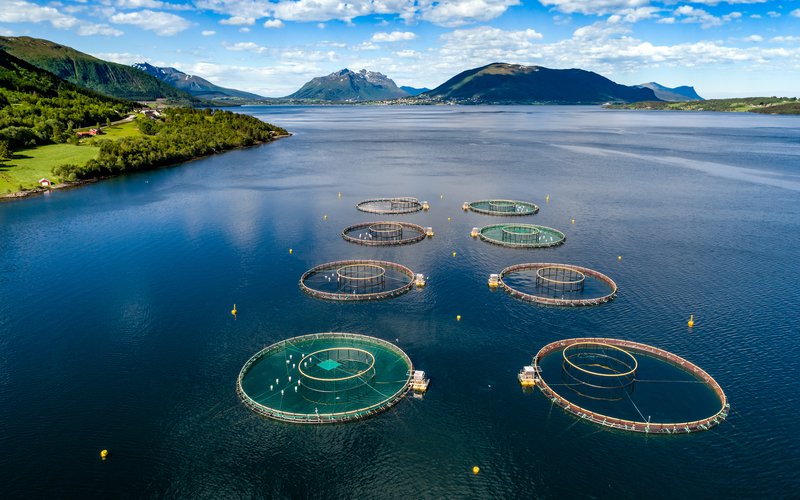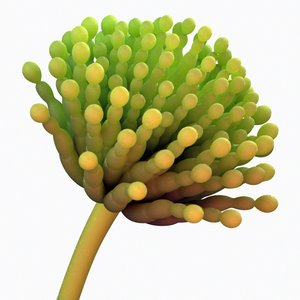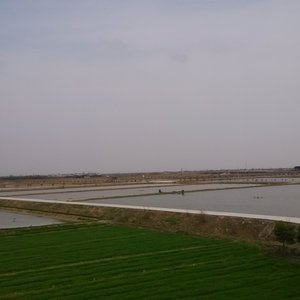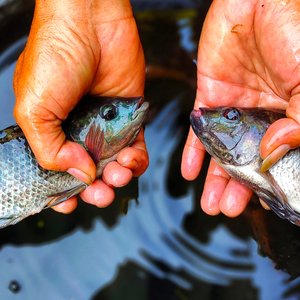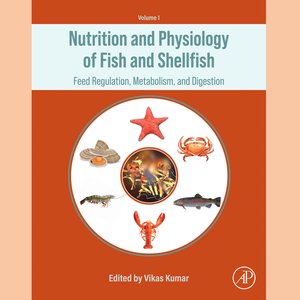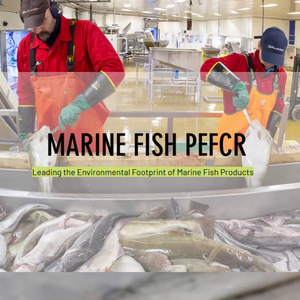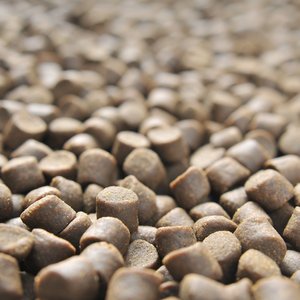The Institute of Marine Research has reported a low prevalence of key fish pathogens in wild postsmolt Atlantic salmon and sea trout sampled in 2023 from three Norwegian aquaculture production areas: PO2, PO3, and PO6.
The study, part of the national salmon lice monitoring program, involved collecting 100 postsmolts from Boknafjord and Hardangerfjord via trawling in May-June, and sea trout from the Hitra area using gillnets and traps in June.
Molecular testing revealed low concentrations of salmonid alphavirus (SAV) RNA in three postsmolts and isolated detections of infectious salmon anemia virus (ISAV) in two postsmolts and one sea trout. Piscine orthoreovirus 1 (PRV-1) was found in six postsmolts, and piscine myocarditis virus (PMCV) in nine fish across all locations. No cases of bacterial kidney disease (BKD), caused by Renibacterium salmoninarum, were detected. All virus-positive samples showed high Ct-values (34–40), suggesting weak or potentially false-positive results.
Researchers concluded that pathogen prevalence in wild salmon and sea trout remains low and consistent with prior years, indicating minimal impact from nearby aquaculture activity.
However, they highlight significant gaps in the interaction between farmed and wild fish. “Time series of samples of all life stages of wild salmonids from areas with different salmon farming intensities are necessary to better evaluate and understand the long-term effect of infection pressure from aquaculture on the virus prevalence in wild salmon populations. Such series will also enable us to assess changes in the prevalence due to increased fish farming activities, increased pathogen virulence, the emergence of new diseases and climate change,” researchers concluded.
Check out the report here.


